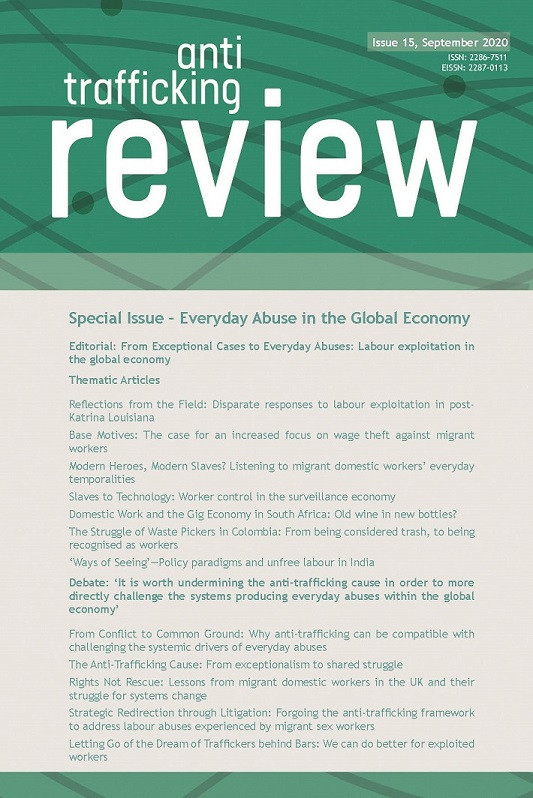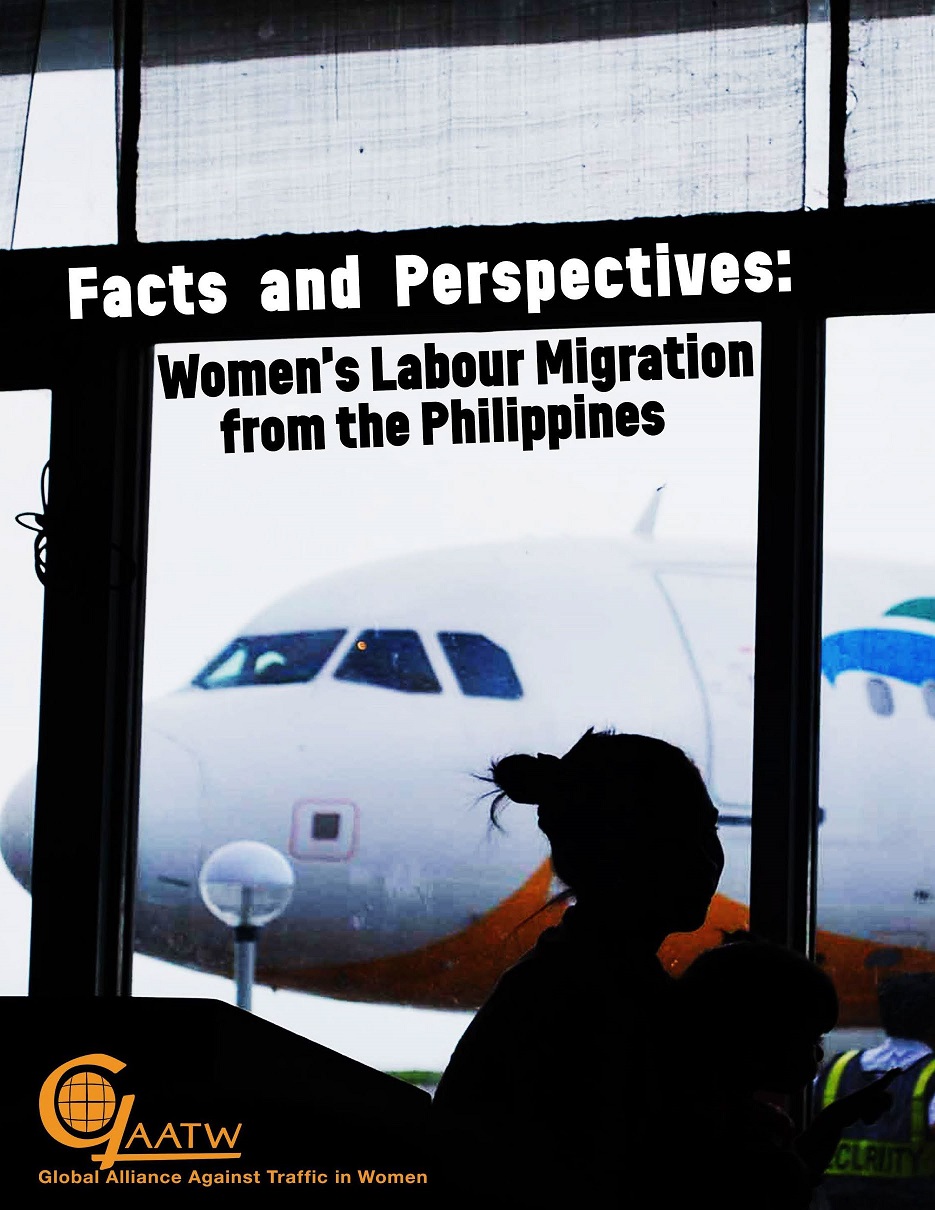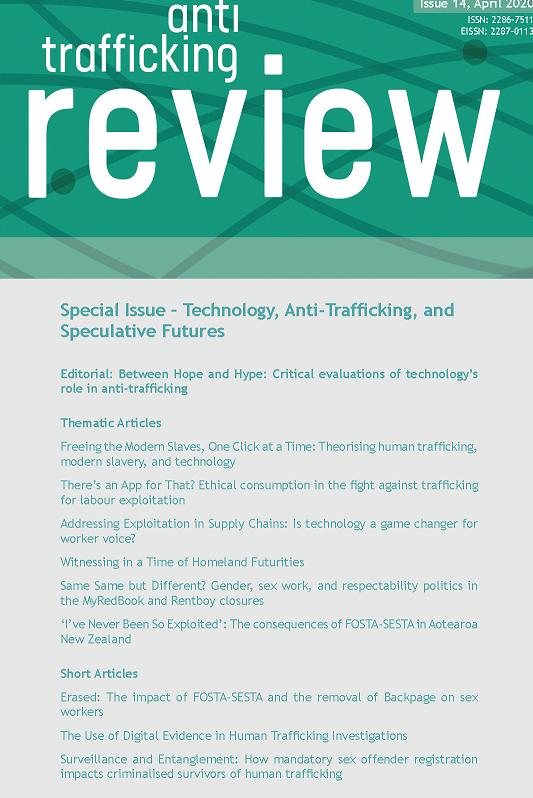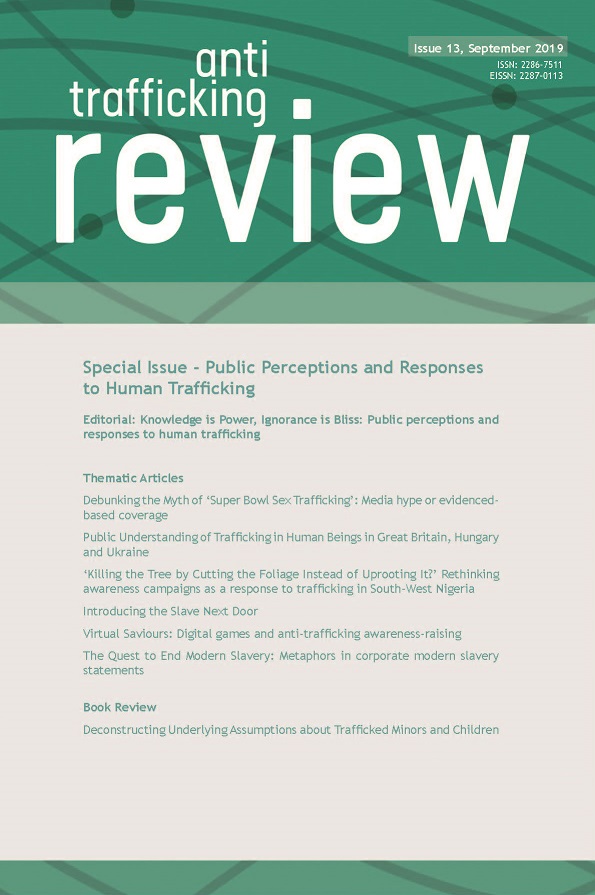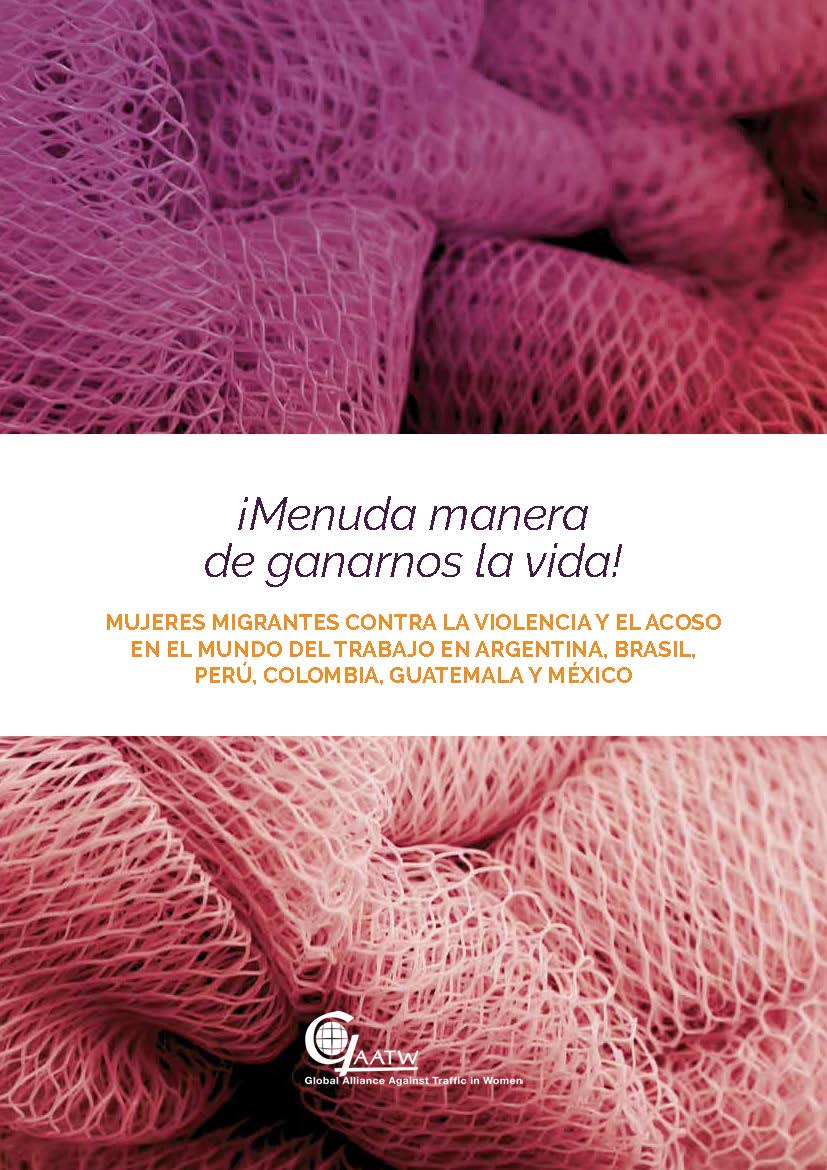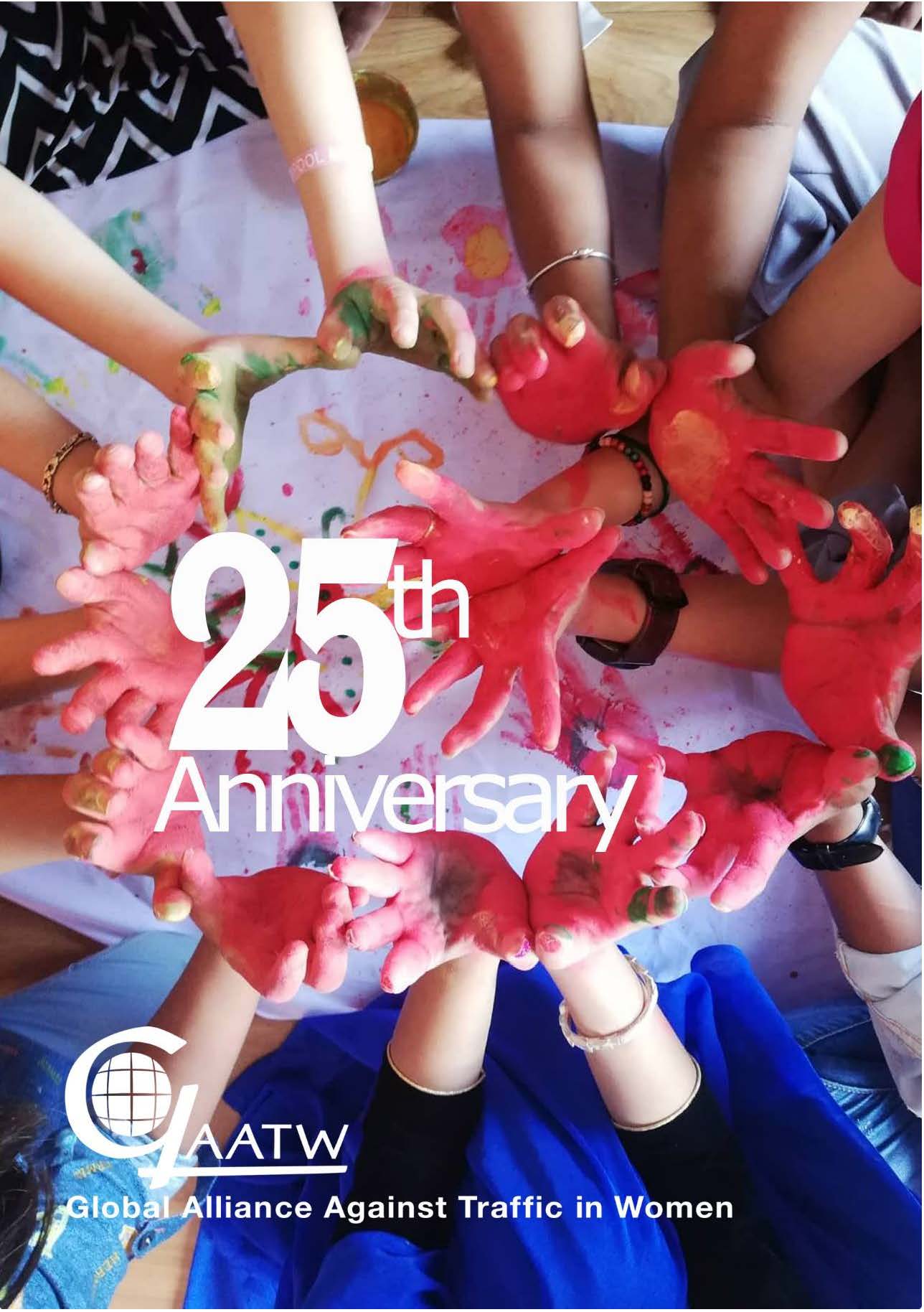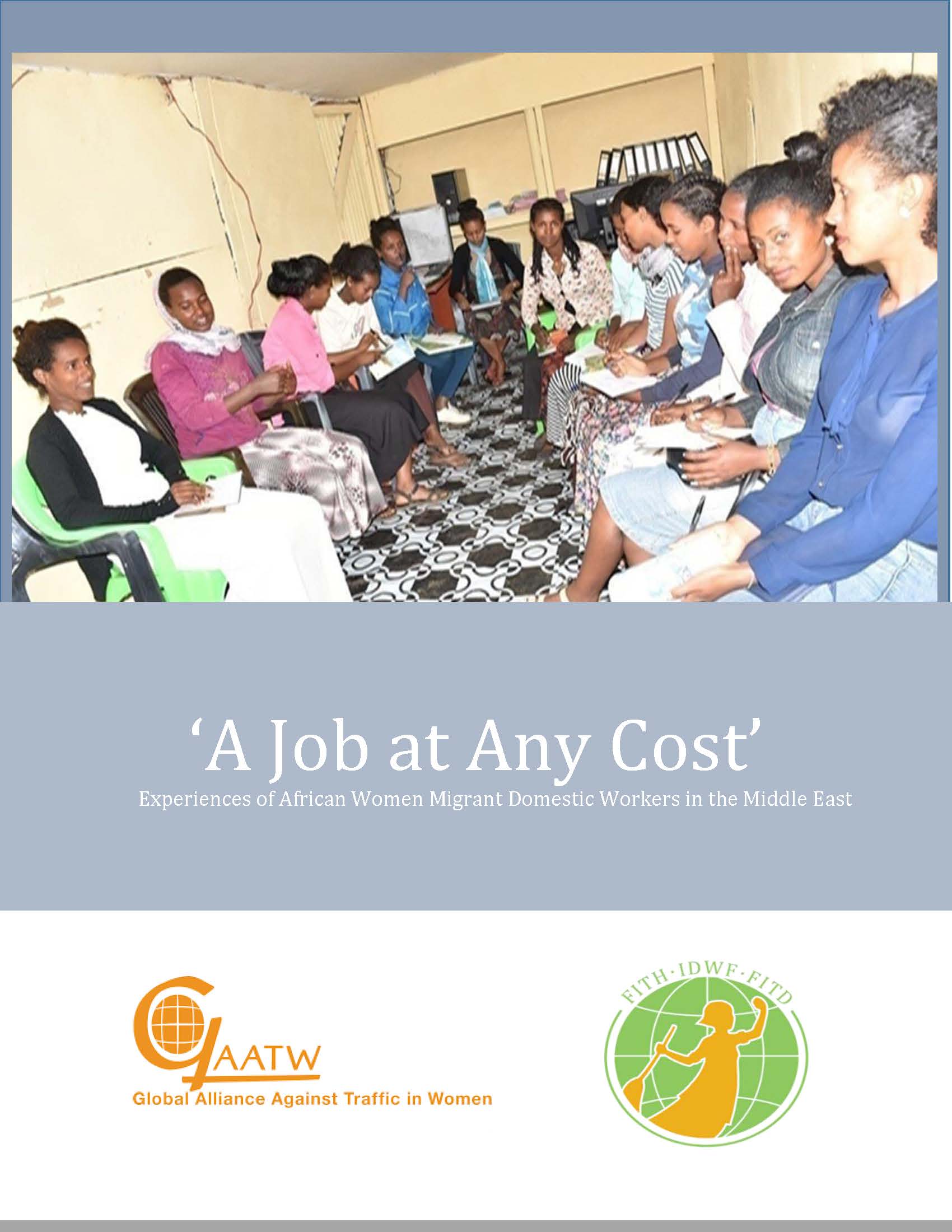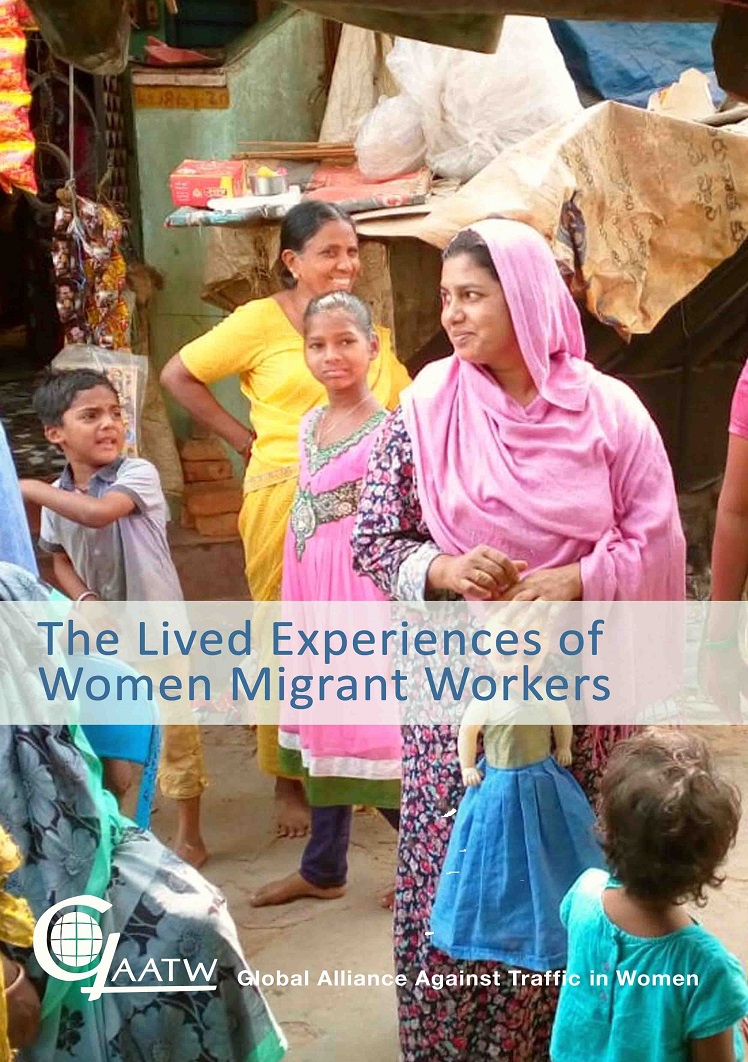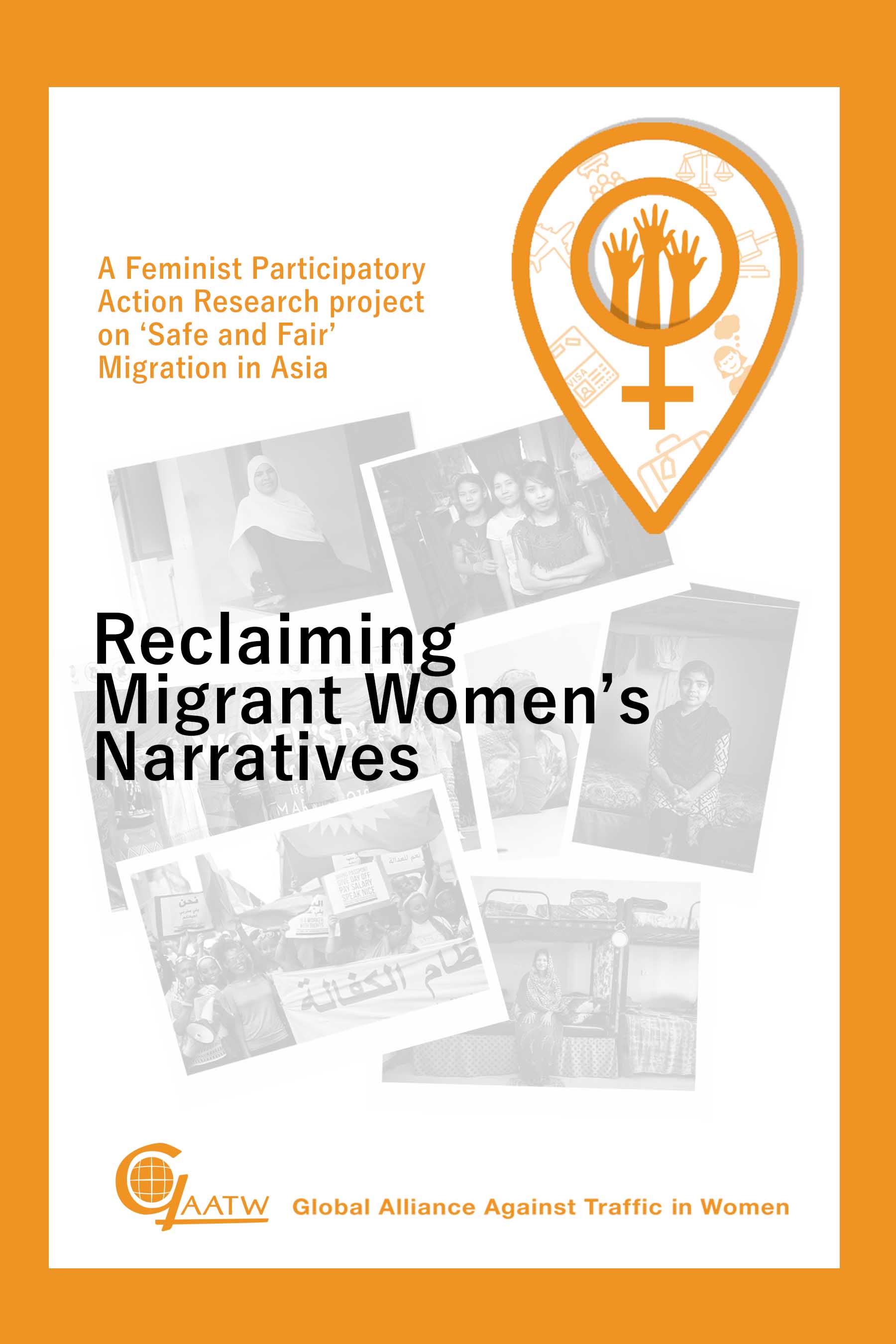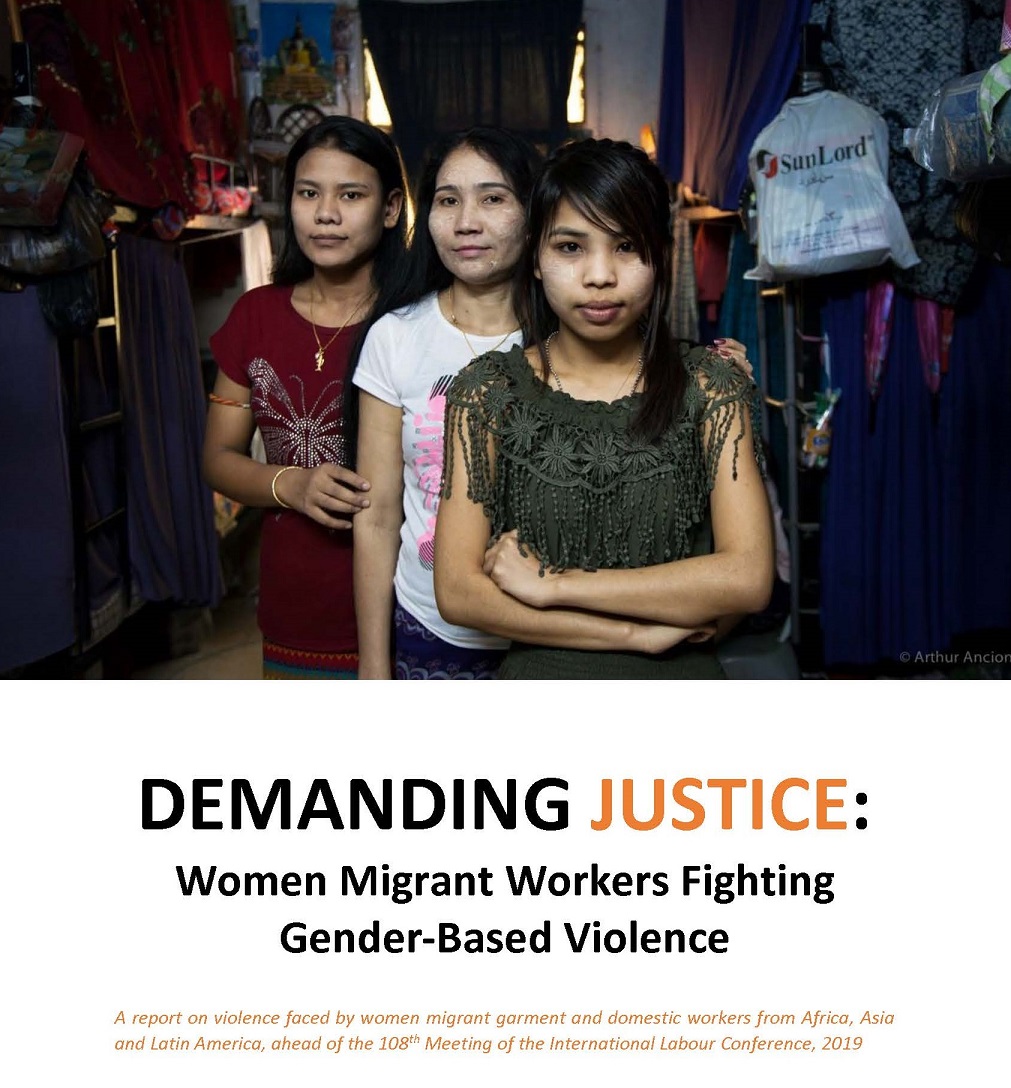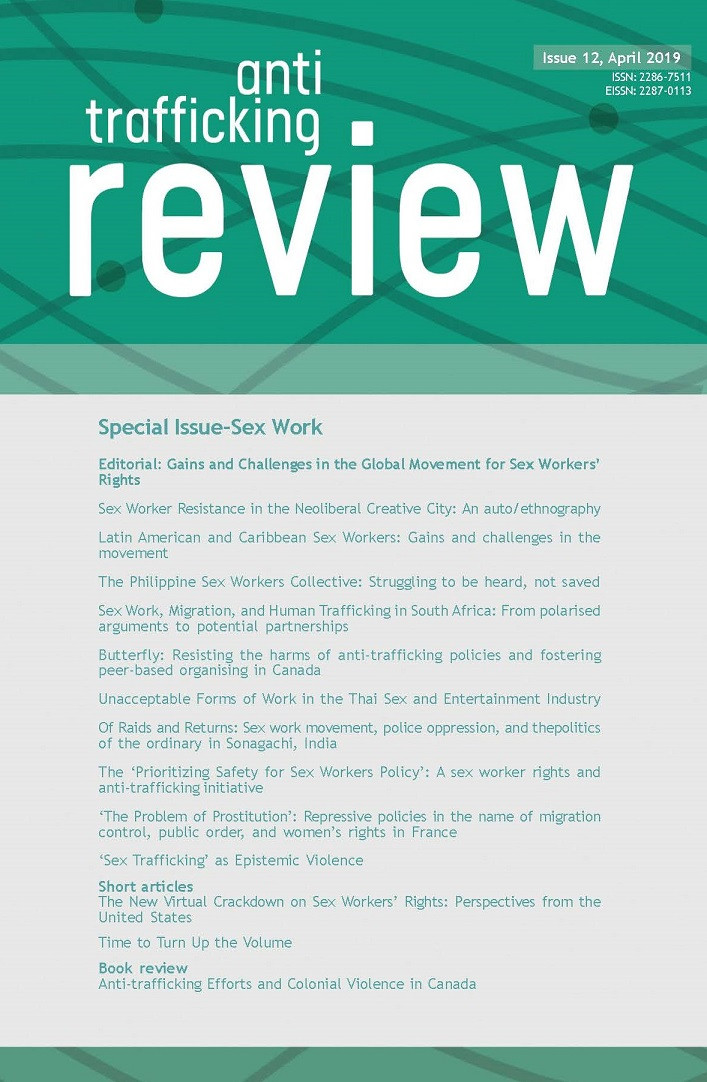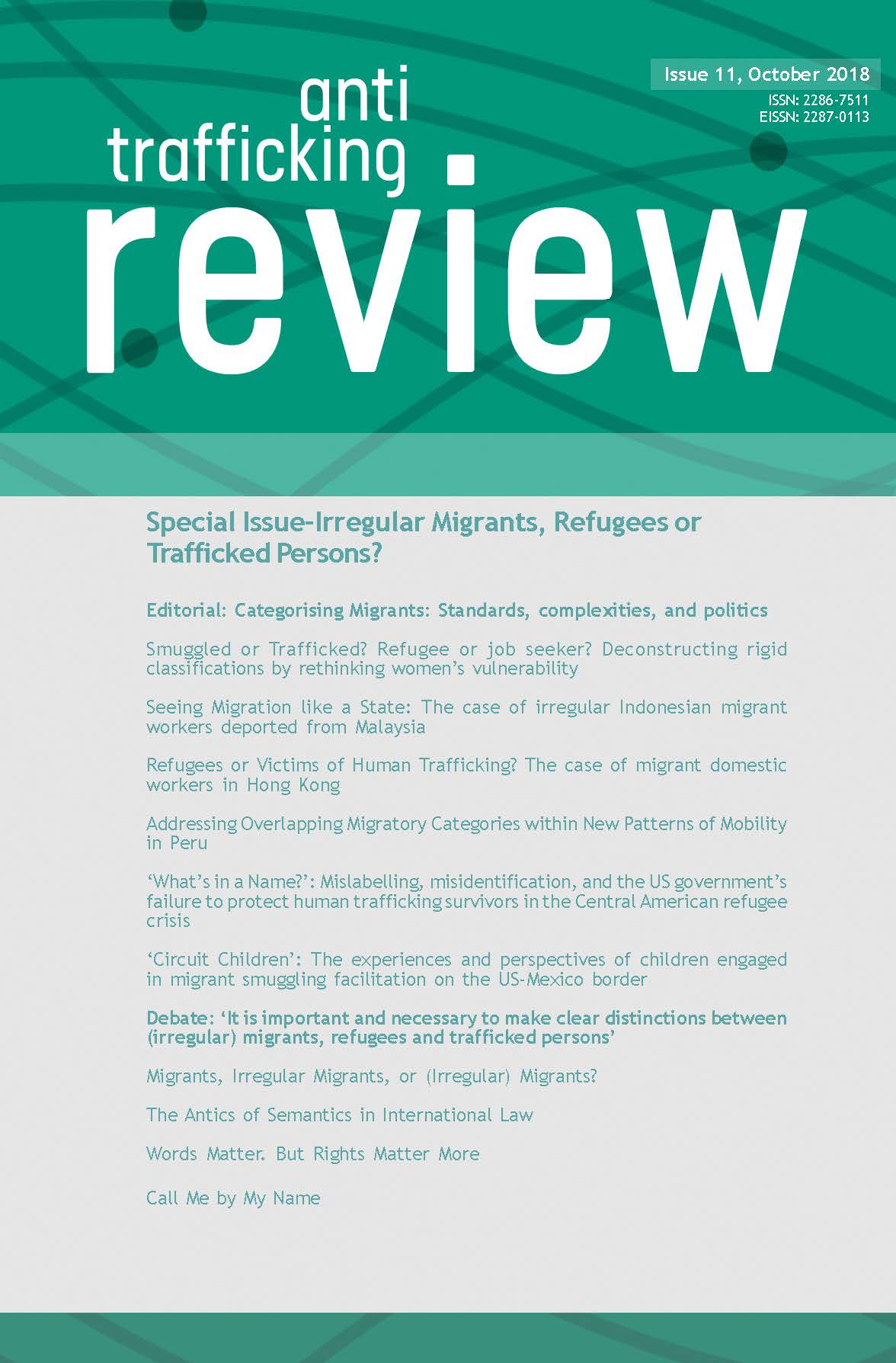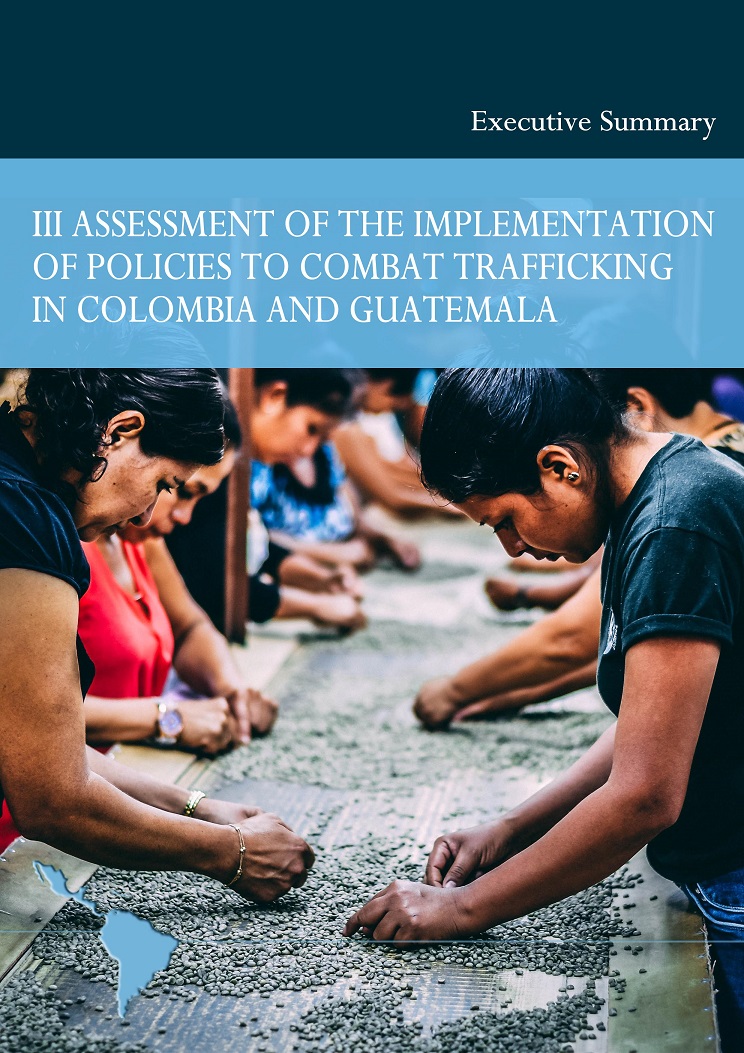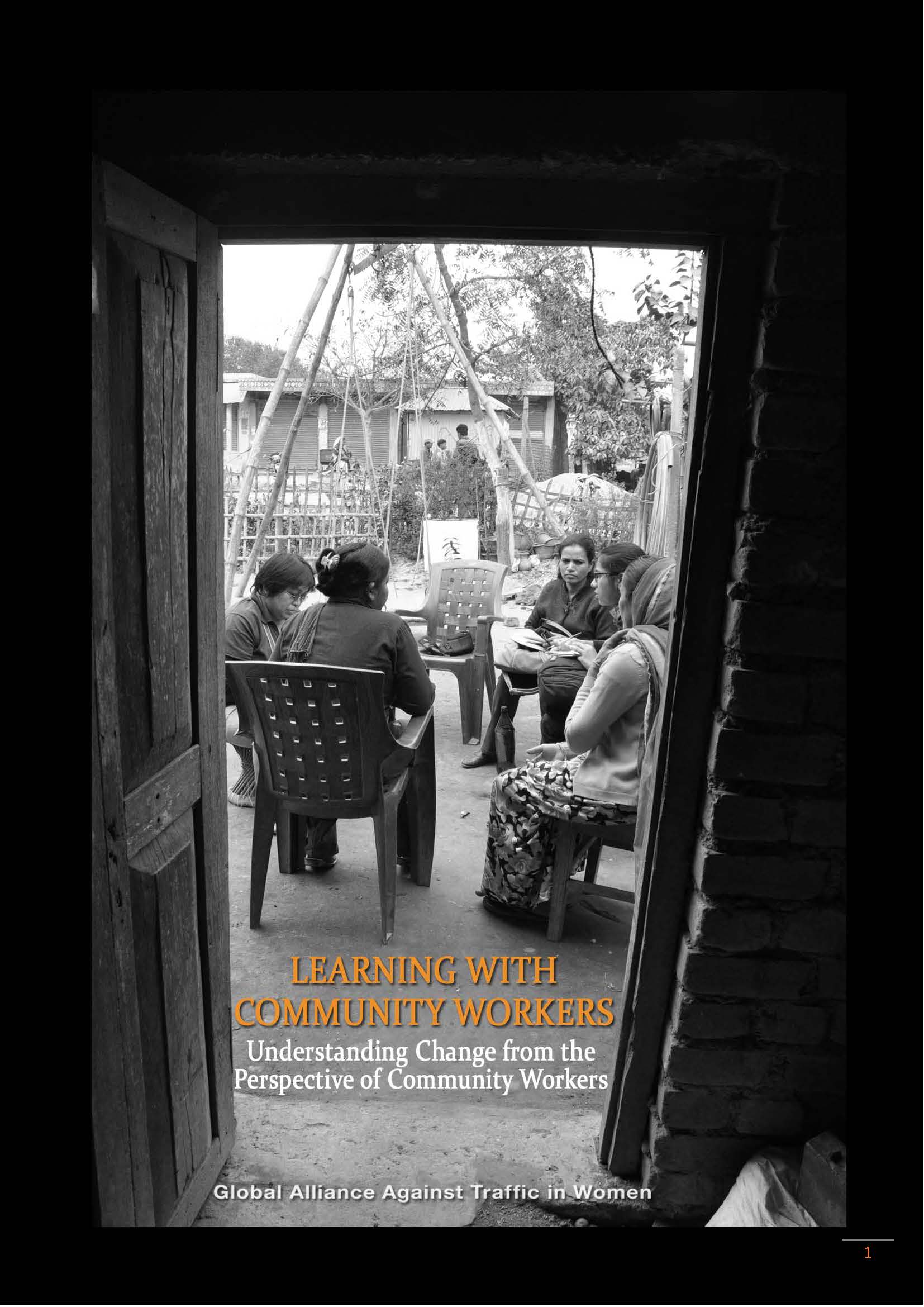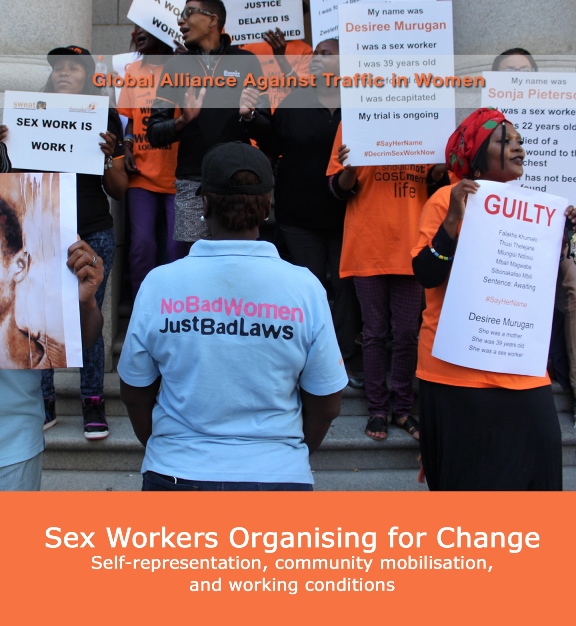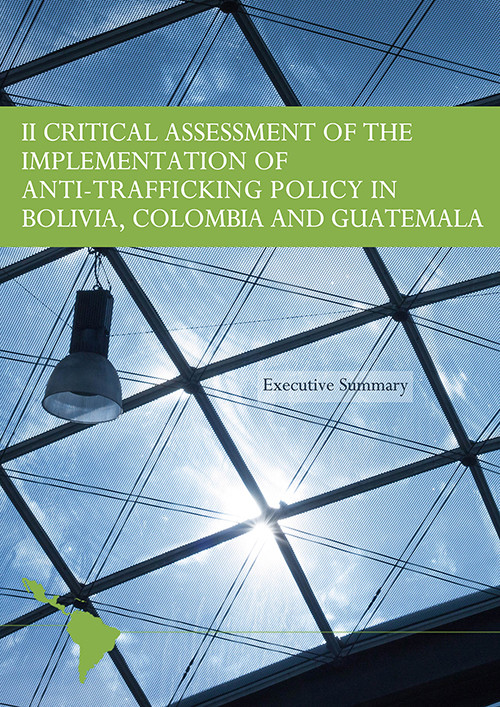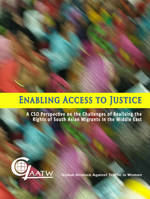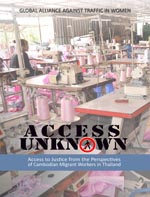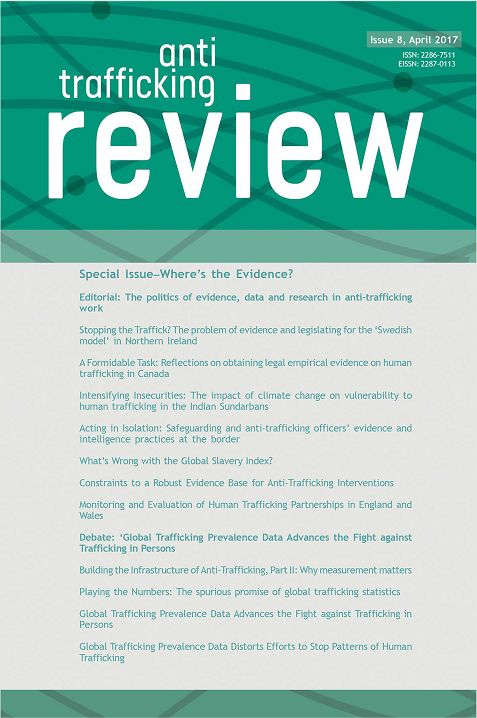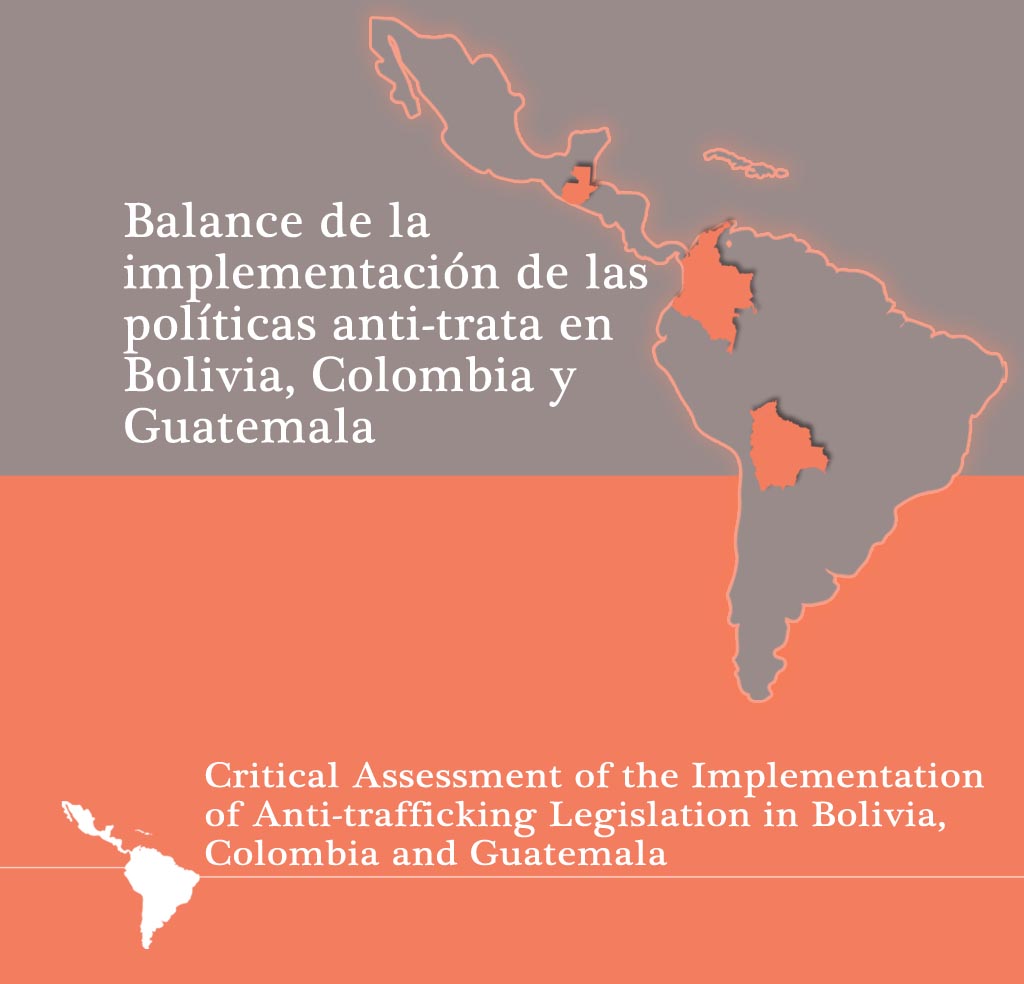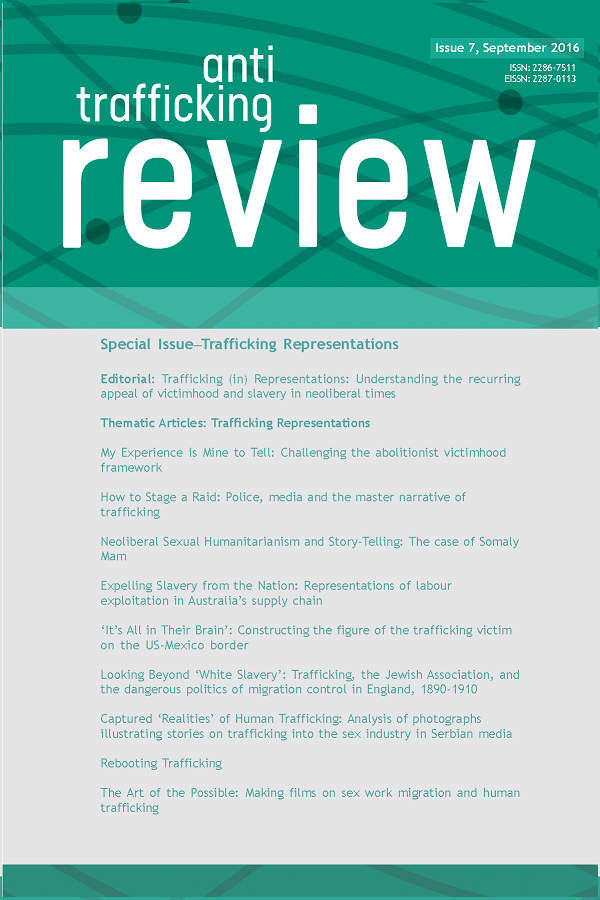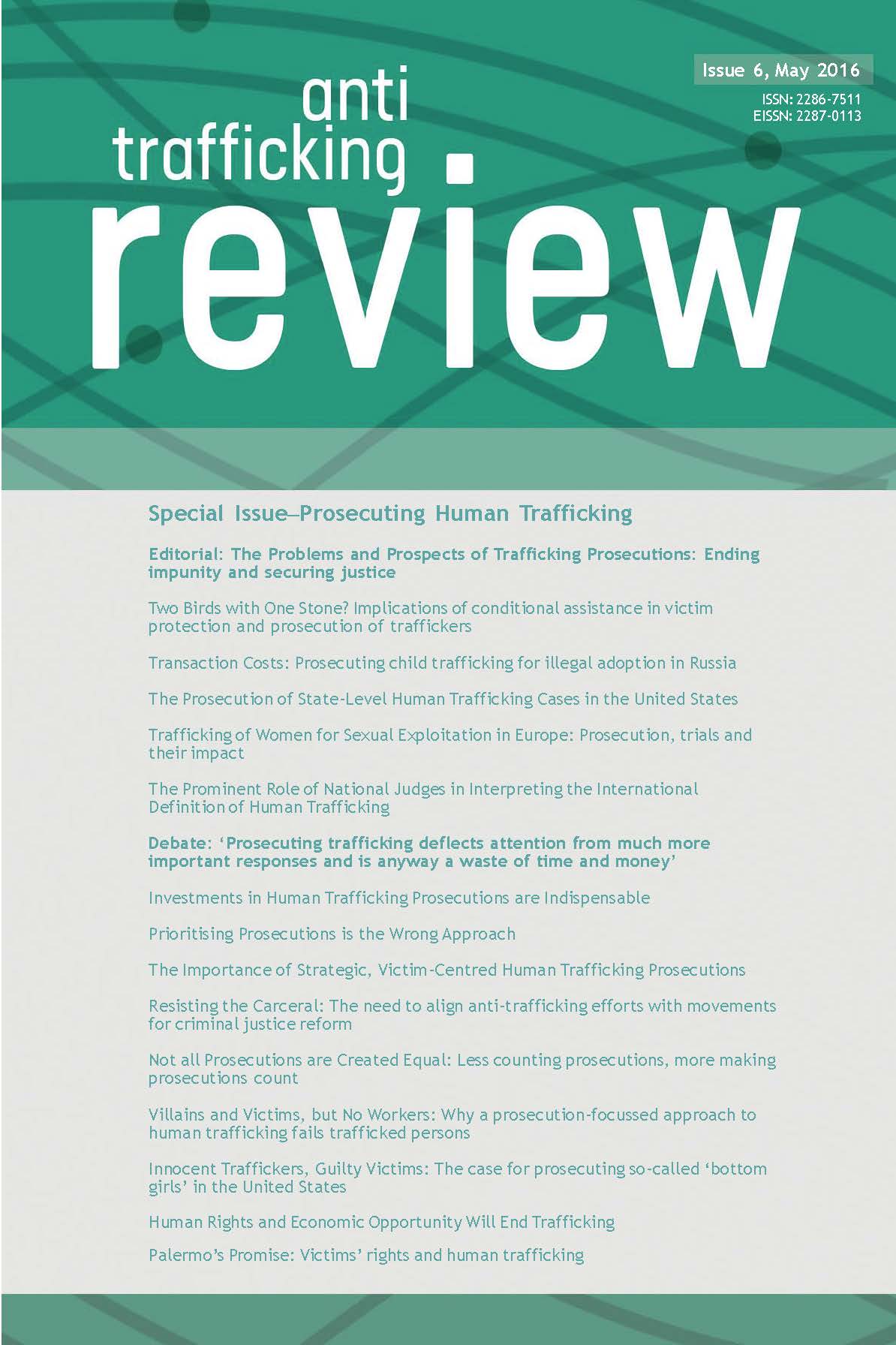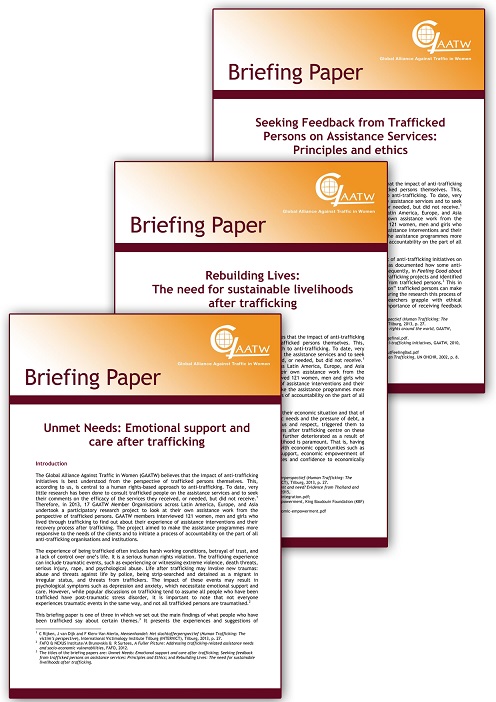11 Recommendations
2. Put greater focus on ending forced labour and slavery-like practices, rather than focusing primarily on the recruitment of individuals into such forms of abuse.
3. Prioritise evidence collected from trafficked persons and other migrants who have experienced abuse when designing policies. Make such people, who know the realities experienced by those migrating, partners in the search for solutions.
4. End the practice of making assistance to trafficked persons conditional on their agreeing to cooperate with law enforcement officials.
5. Monitor how rights to stay in a country are being implemented by law enforcement and immigration authorities. Take remedial action when trafficked persons are systematically not being identified or are classified so that they can be deported. Ensure that all victims of abuse have access to assistance.
6. End the practice of detaining trafficked persons, whether by law enforcement officials, non-government actors or social welfare authorities.
7. Systematically inform trafficked persons of their legal rights, including to legal representation, to compensation and to apply for asylum. Governments should remove any obstacles to these applications being made.
8. Prior to repatriating trafficked persons, ensure that risk and security assessments are carried out for each individual and hold governments accountable for this.
9. Inform trafficked persons in destination countries about their options for assistance in their home country and coordinate assistance between countries where possible.
10. National Human Rights Institutions and other bodies charged with monitoring human rights should be collecting information about the impact of anti-trafficking measures and recommend ways for reducing harmful effects.
11. Allow migrant workers to enjoy their rights to freedom of association and to join and form trade unions. Ensure that migrant workers can complain of exploitation without fear of reprisals. Labour rights defenders should play more role in identifying forced labour cases and helping the victims to seek redress.
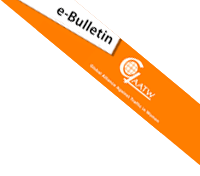


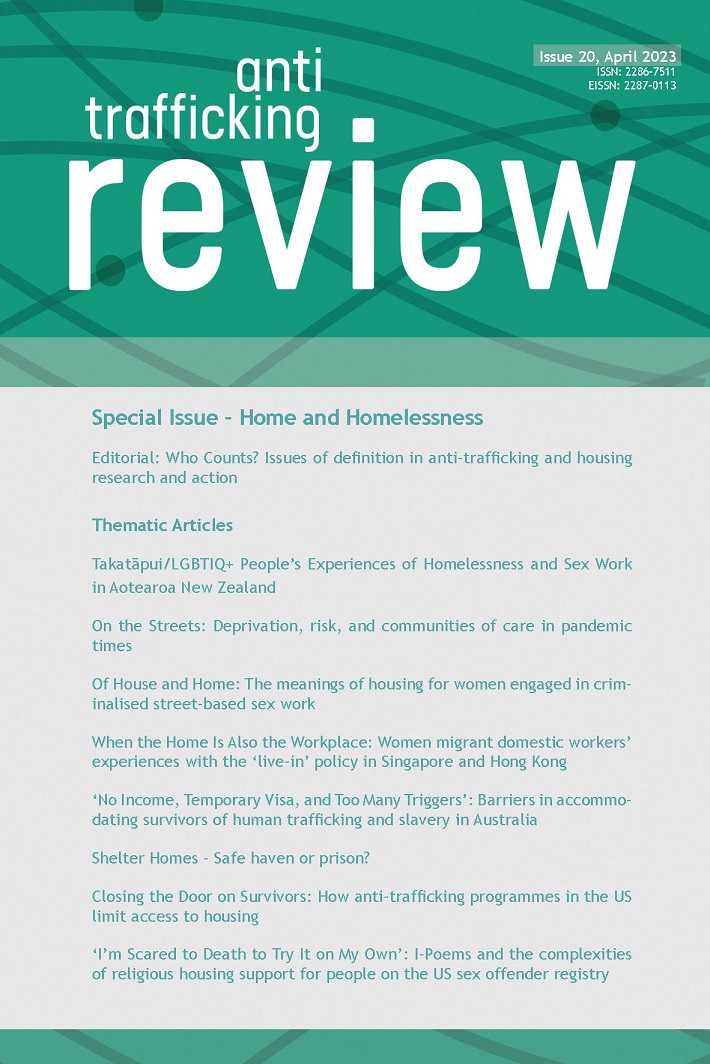
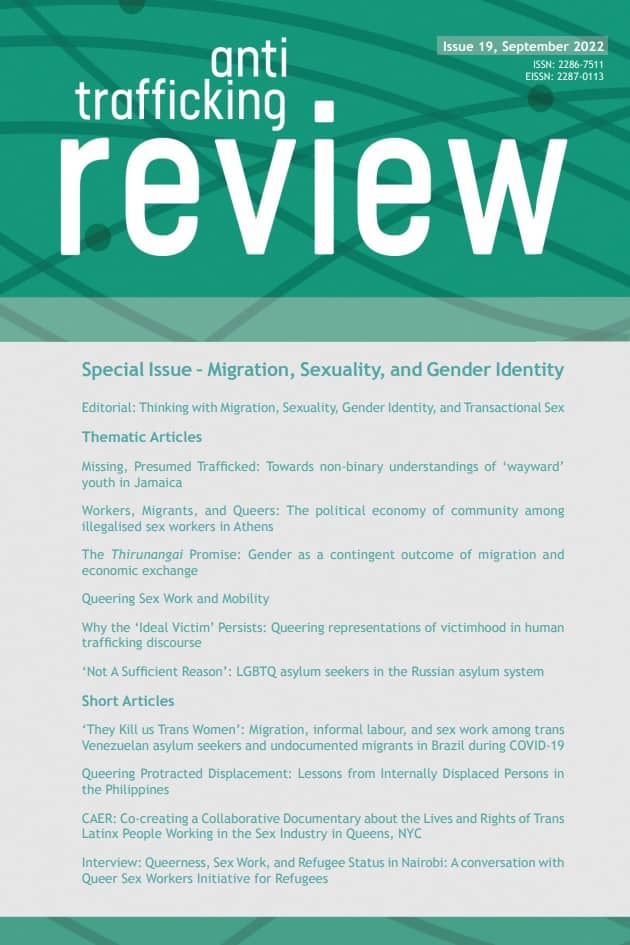
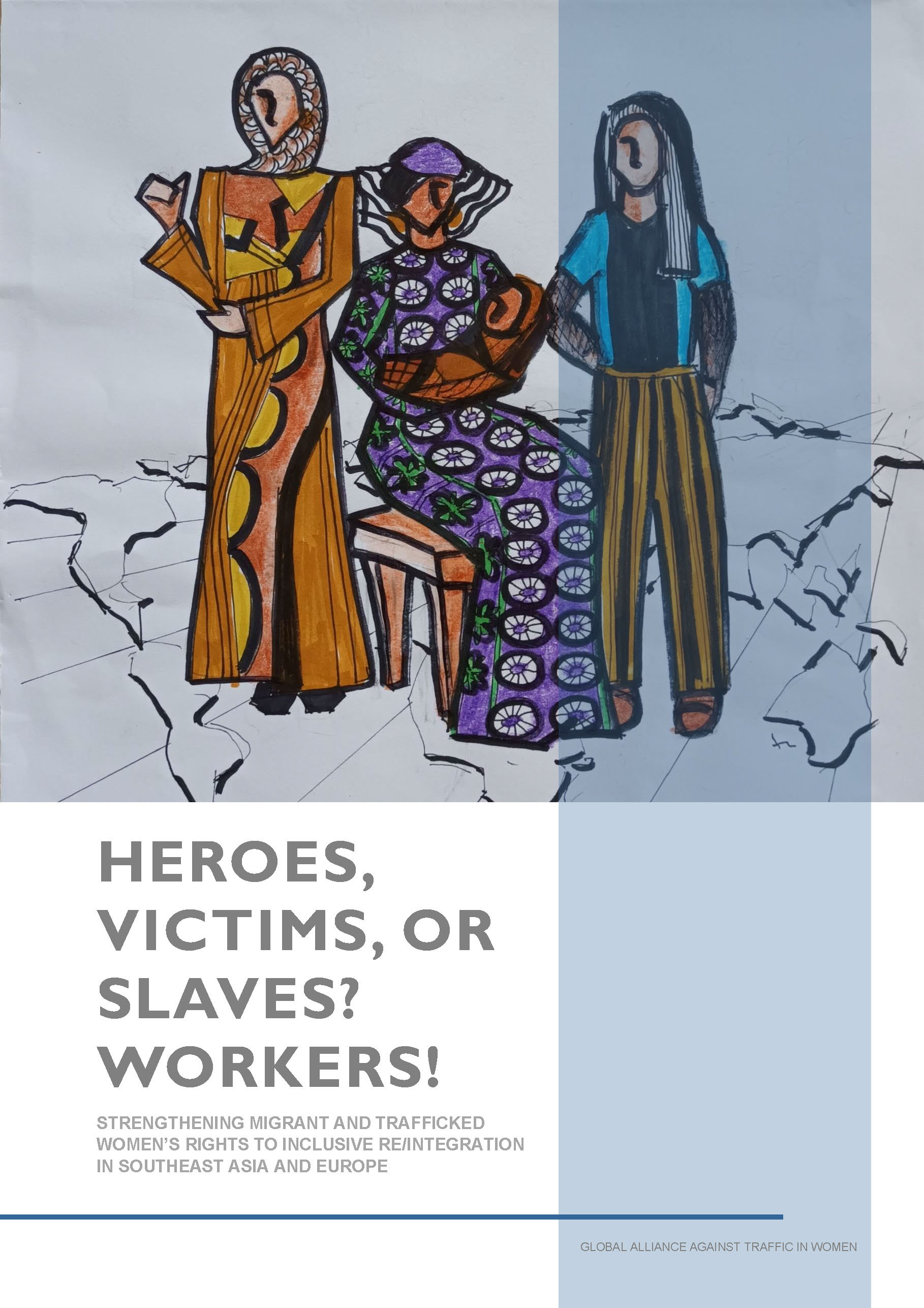
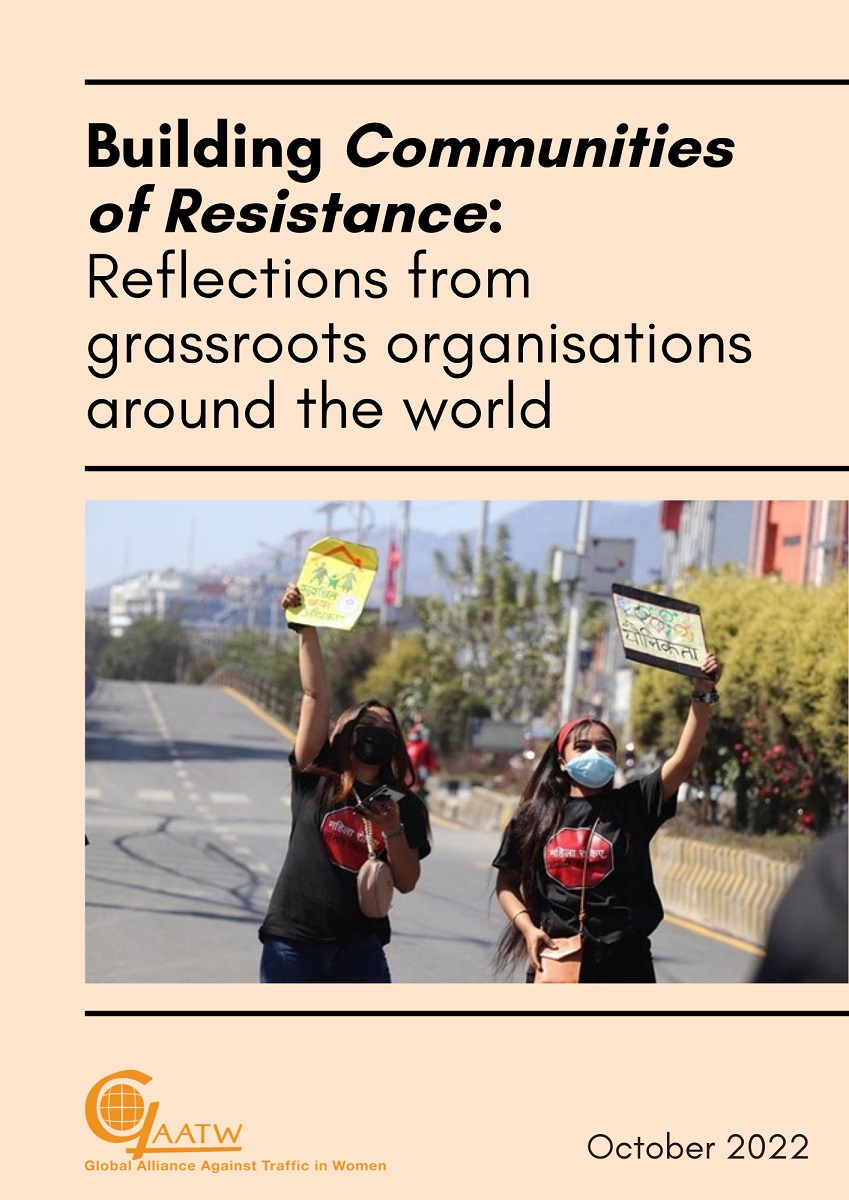
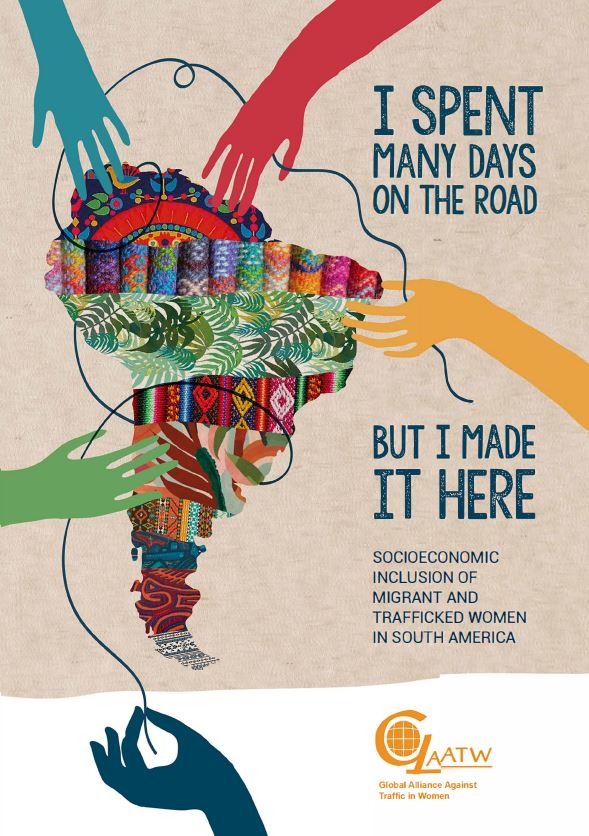
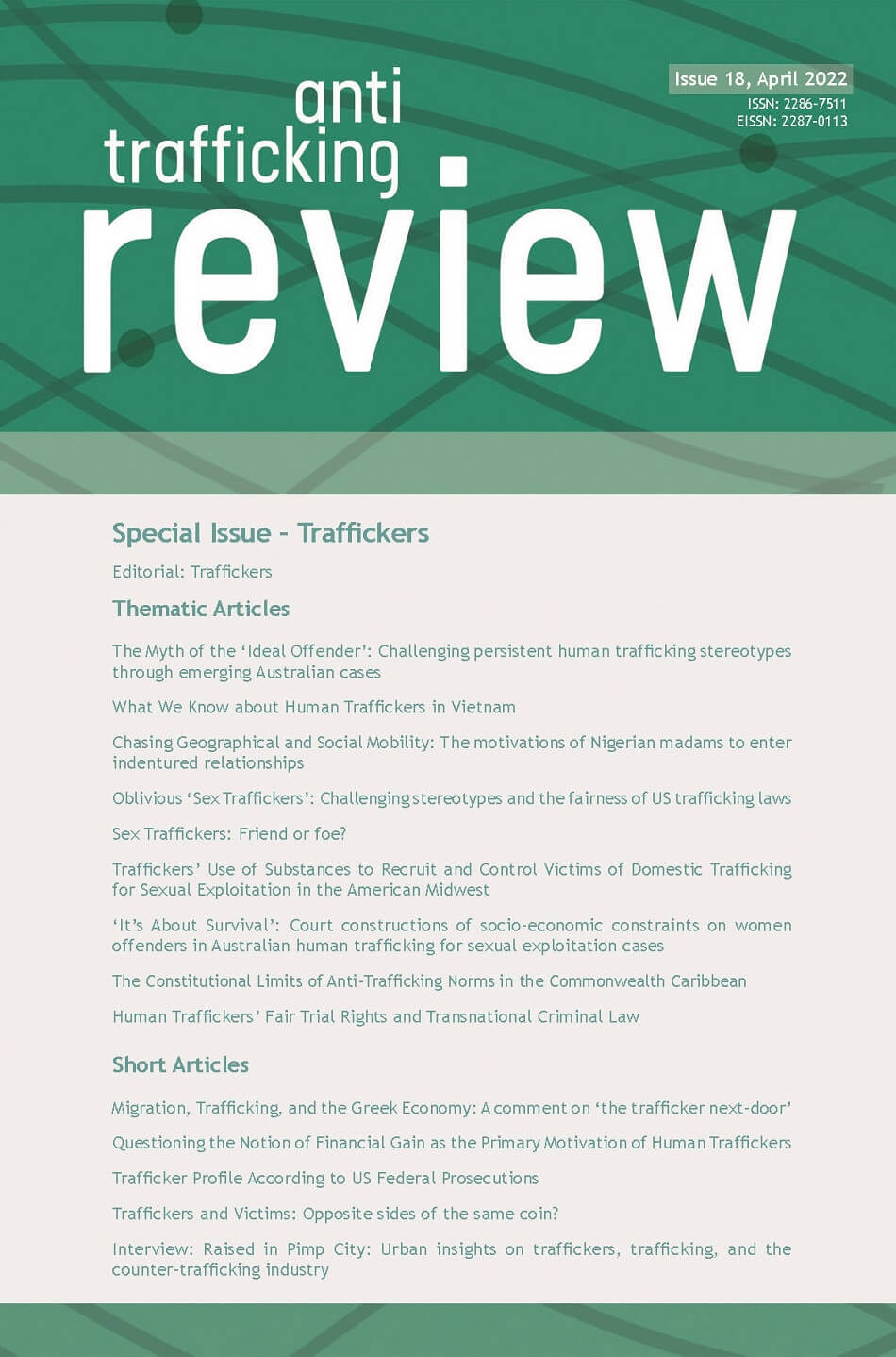
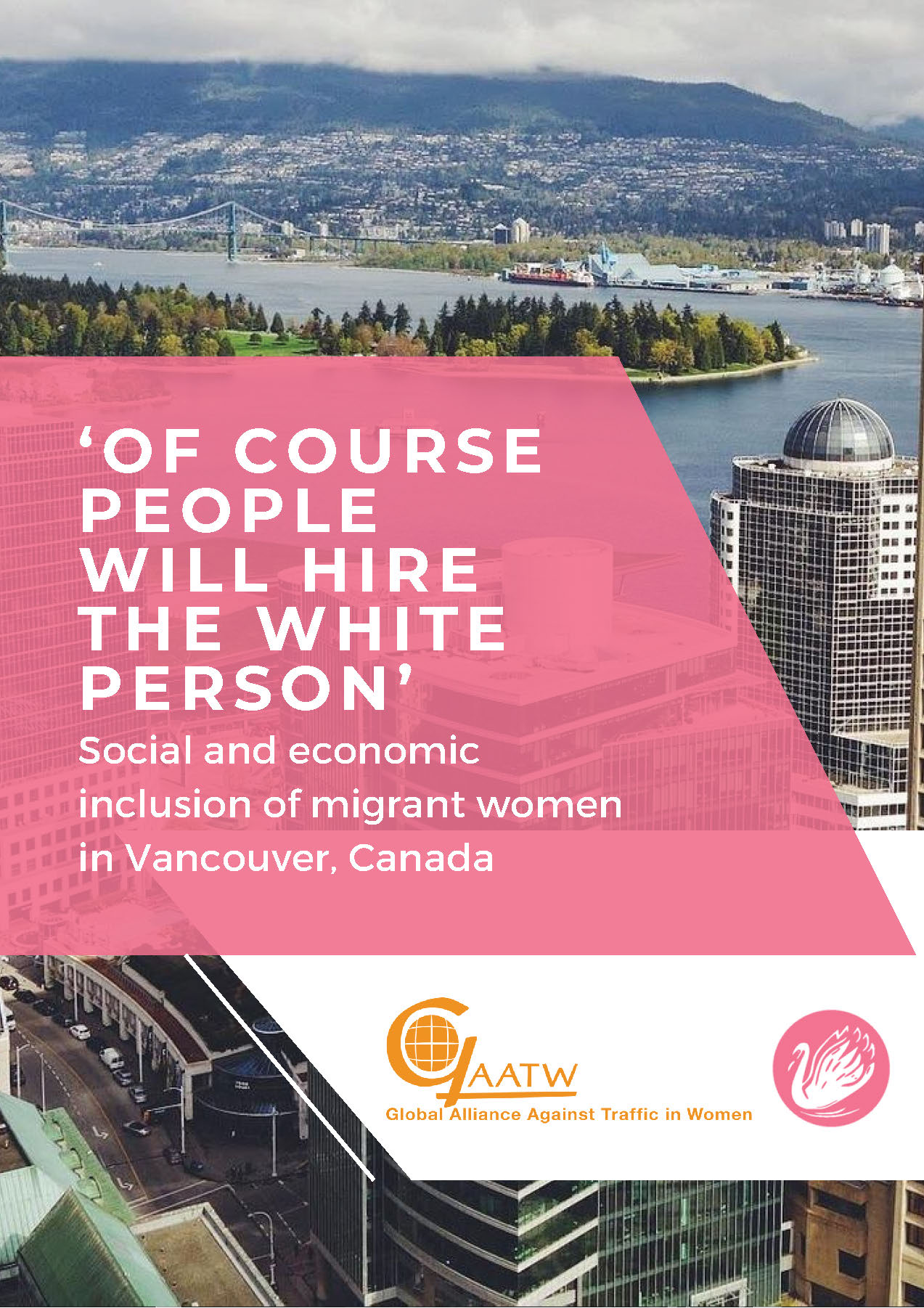
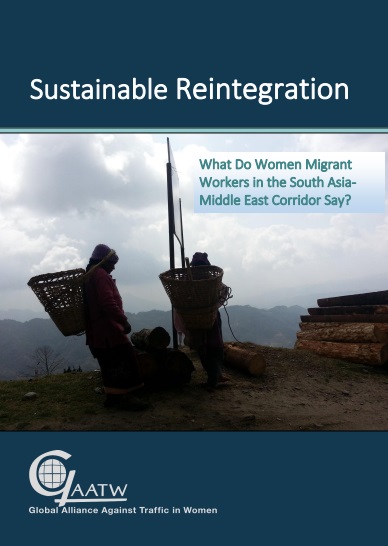
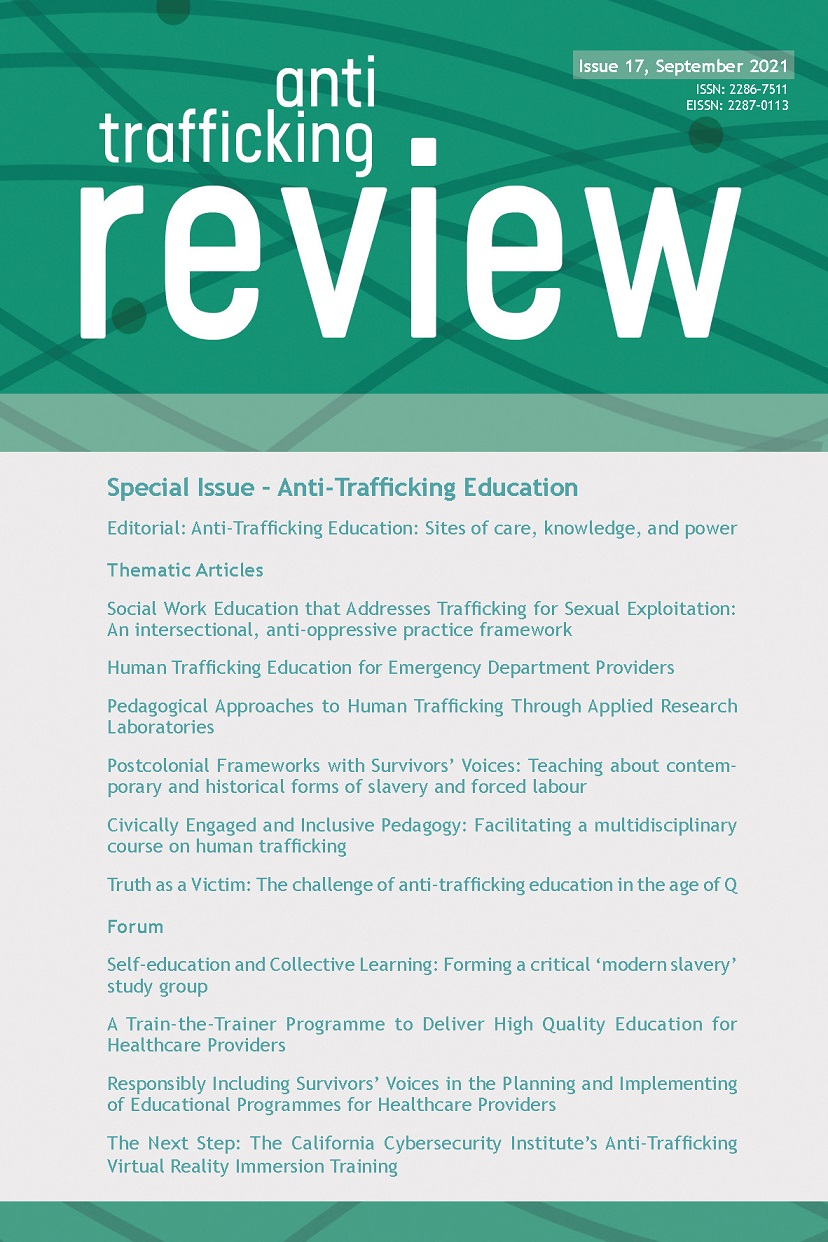
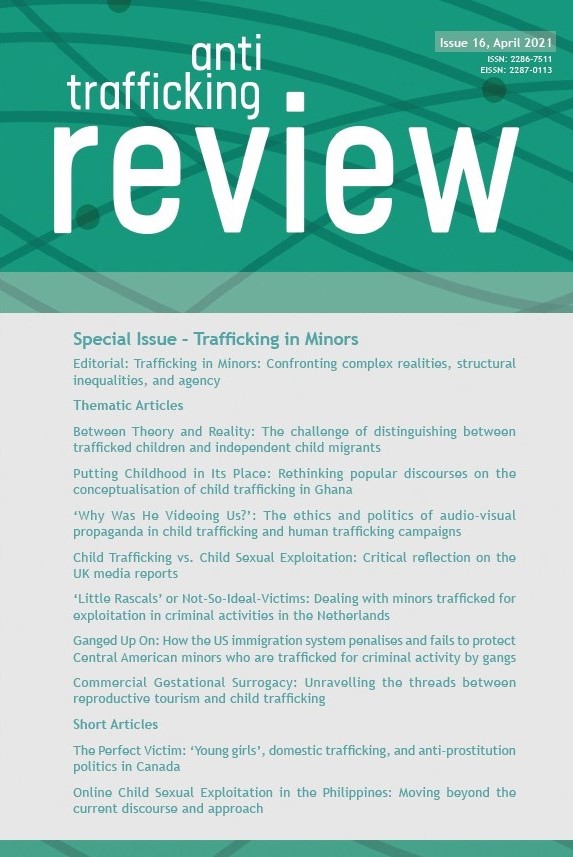
.pdf - Adobe Acrobat Pro 2_8_2021 4_36_32 PM.png)
